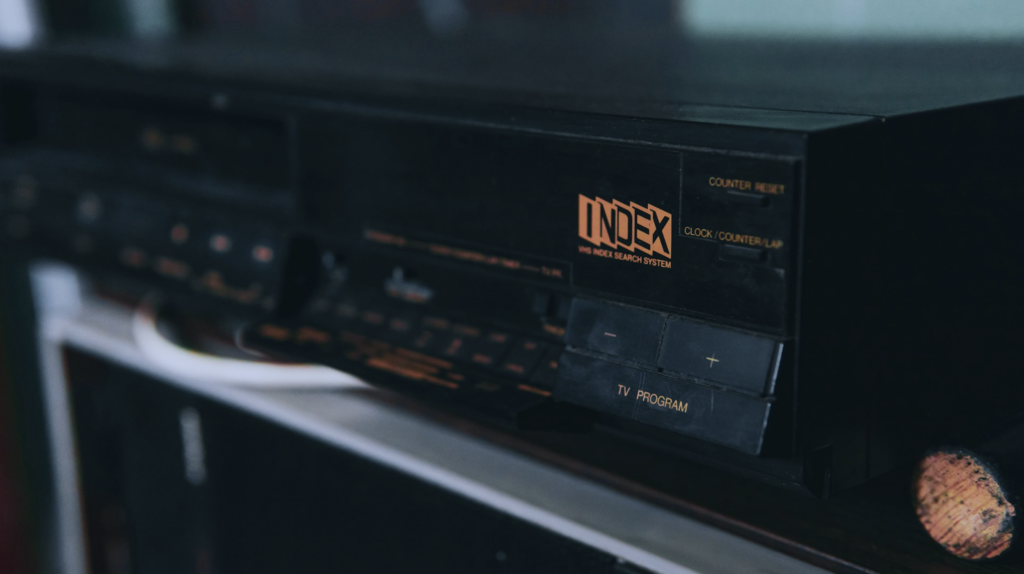
Audiovisual media have played an increasingly important role for historians of German history since 1945. The decades since the Second World War have been documented in a variety of ways through film, television, and video, and thanks to advancing digitization, the material is available as sources for media and art historians in many archives. The increasing availability of time-based media in the collections poses new challenges for archivists and historians: Who should watch it all?
Artificial intelligence (AI) models enable the systematic structuring of huge amounts of data for the purpose of gaining knowledge from existing information. A process such as machine learning can help to take a novel look at existing knowledge in digital archives. The project “IMAI – Researching Intermedia Collections with Artificial Intelligence” aims to investigate these adaptive machines to support archivists as well as art and media historians in analyzing audiovisual material and to make the handling of collections of time-based media more efficient and convenient.
The project is divided into two phases, namely:
- 2024: Preliminary Study: IMAI Intermedia Collection Research with Artificial Intelligence in collaboration with the Inter Media Art Institute Düsseldorf
- 2025: LINKed – Connecting AV archives with AI retrieval software
In an initial project phase (2024), software options will be evaluated by testing available prototypes. The tools used to date for indexing archives will be considered, as will the working methods of potential users. Long-term, a software tool is to be developed that can automatically analyze and automatically pre-structure video and film archives as well as be trained and optimized through manual use in terms of research, organization, and metadata collection. The results of our preliminary study can be found in our report.
In our second project phase (2025), we want to lay the groundwork for using the identified AI retrieval software for NRW-wide AV archives, simulate the necessary API and describe the implementation in a white paper.
The project (2024–2025) is funded by the Ministry of Culture and Science of the State of North Rhine-Westphalia (Ministerium für Kultur und Wissenschaft des Landes Nordrhein-Westfalen).
Funded by:
